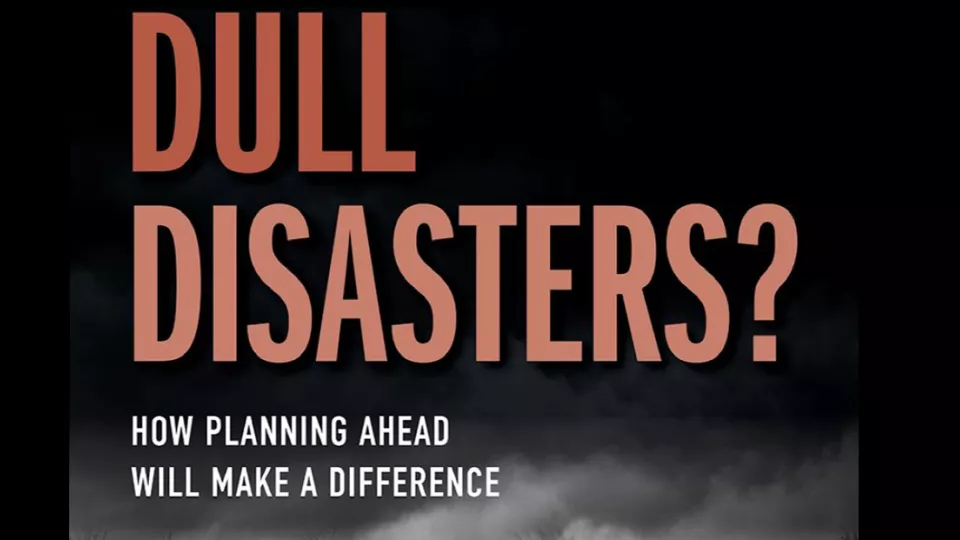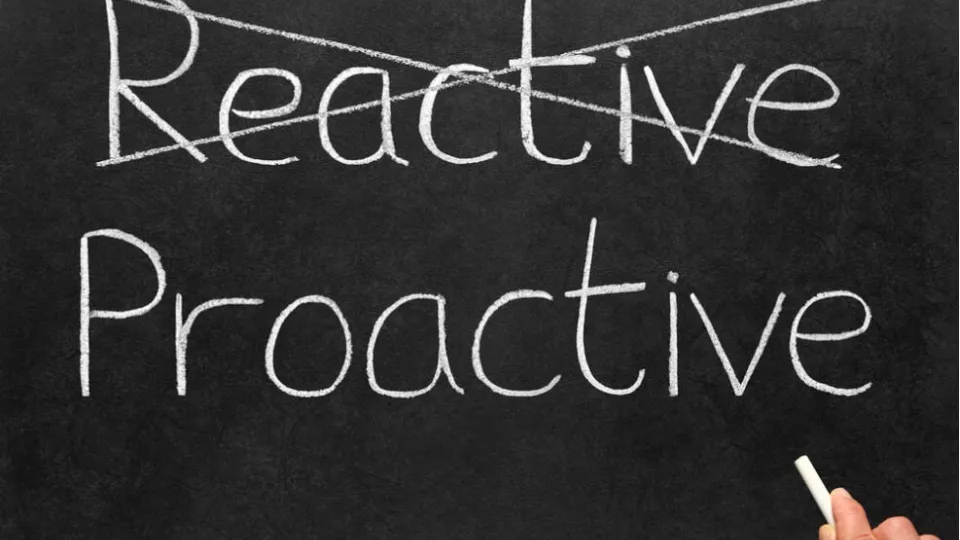Money to burn? The cost of late response to humanitarian crises
Jan Egeland and Courtenay Cabot have co-authored an article discussing the cost of late action and the benefits of acting earlier in humanitarian crises.
Jan Egeland and Courtenay Cabot have co-authored an article discussing the cost of late action and the benefits of acting earlier in humanitarian crises.

INFORM has released the results of its 2017 Global Risk Index.
SOURCE:IFRCThis World Disasters Report makes the case for a different approach to humanitarian action, one that strives to strengthen the resilience of vulnerable and at-risk communities.

Response to disasters should involve careful risk management, rather than the current emotional, headline-grabbing state of affairs. This is what the authors of a new book ‘Dull Disasters’ are advocating for.
Extreme weather events were almost twice as common over the past ten years as they were during the 1980s. The people on the frontlines of the climate crisis are those who are least responsible for causing it: the world’s poorest and most vulnerable communities.
The benefits of early action are mostly uncontested among humanitarian actors. Nevertheless, humanitarian actors still find it challenging to act early for a variety of reasons.
The Start Network's Sean Lowrie tells world leaders attending the COP21 climate change conference in Paris how we can create a preventative economy that stops climate change risks turning into humanitarian crises.
This report outlines the design of a new funding mechanism that will ensure more timely humanitarian response to emerging drought-induced food and livelihood crises. The design of this mechanism was carried out through joint partnership between the Start Network and GlobalAgRisk, with support from the Humanitarian Innovation Fund.

What are we aiming for in 2015?
